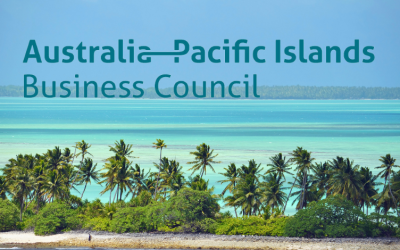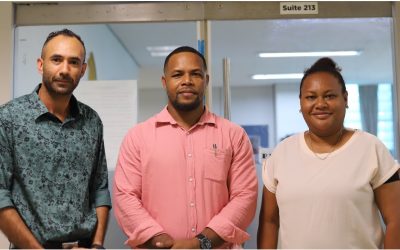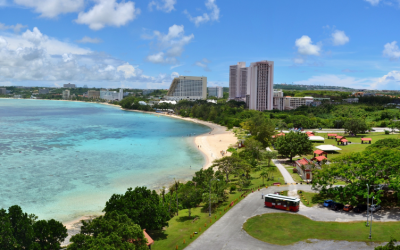The Asian Development Bank (ADB) is redefining its role in the Asia-Pacific by branding itself as a “Climate Bank.” This initiative underscores its commitment to enhancing climate finance across the region. A key element of this strategy is the introduction of the Innovative Finance Facility for Climate in Asia and the Pacific (IF-CAP), which seeks to mobilise up to $15 billion for climate-centric projects.
This program aims to leverage donor grants for project preparation and provide guarantees that reduce investment risks and free up capital for further climate-related financial activities. This move represents a significant step in the ADB’s efforts to address the impacts of climate change through innovative financing solutions.
The move has been positively received by its 14 Pacific Developing Member States (DMCs), highlighting a crucial commitment to address the unique challenges faced by Small Island Developing States (SIDS). Samoa’s Finance Minister and ADB Governor, Lautimuia Uelese Vaai, representing the Pacific DMCs, lauded the ADB for its proactive efforts in coordinating with the Green Climate Fund (GCF) to secure specific funding for Pacific countries. This funding aims to augment the resources available from the Asian Development Fund (ADF) for both national and regional development initiatives.
The Pacific DMCs have expressed concerns over the extreme impacts of climate change they face, compounded by difficulties in accessing climate finance. Recent extreme weather events, like devastating spring tides affecting low-lying atolls, have intensified challenges such as sea water intrusion and soil salinity, adversely affecting health and food security. These conditions stretch the limited financial resources of these nations thin, exacerbating their debt burdens as they strive to manage both climate and health emergencies.
the Pacific DMCs have urged the ADB to continue increasing loan concessions and to expand grant availability. They have also called for the ADB and other international financial institutions to recognize the vulnerabilities of SIDS more comprehensively through frameworks like a multi-dimensional vulnerability index, which would take into account factors such as natural disaster frequency, remoteness, and economic dependence on imports.
This focus on tailored financial mechanisms and policies by the ADB could significantly influence climate finance in the Pacific Islands region by providing more accessible, adequate funding for climate resilience and sustainable development projects. The approach promises not only to address immediate financial and environmental challenges but also to foster long-term economic stability and growth within these vulnerable island communities.



